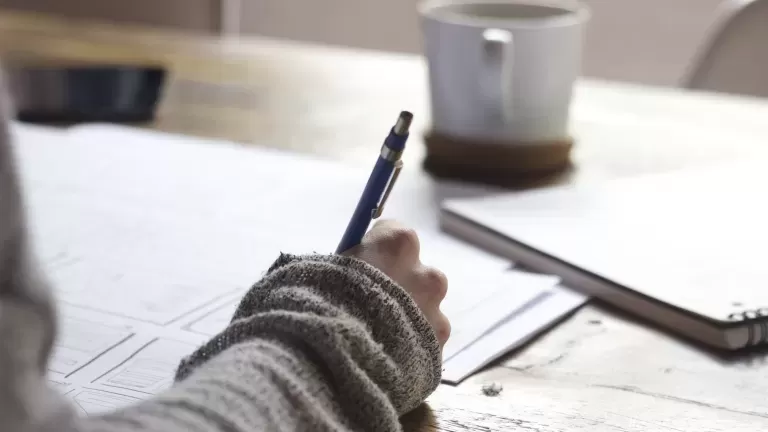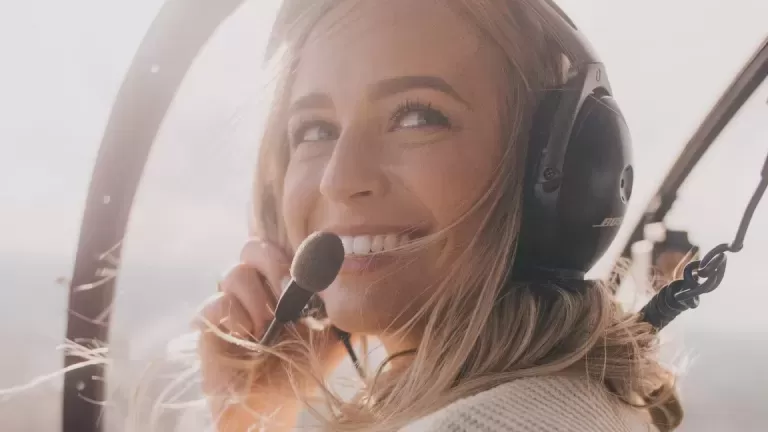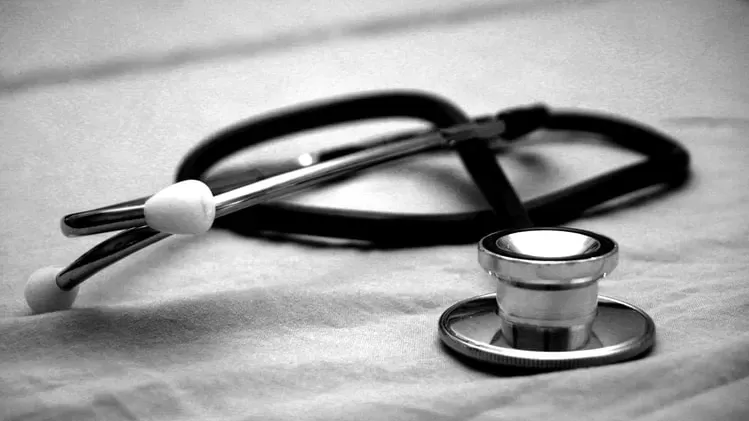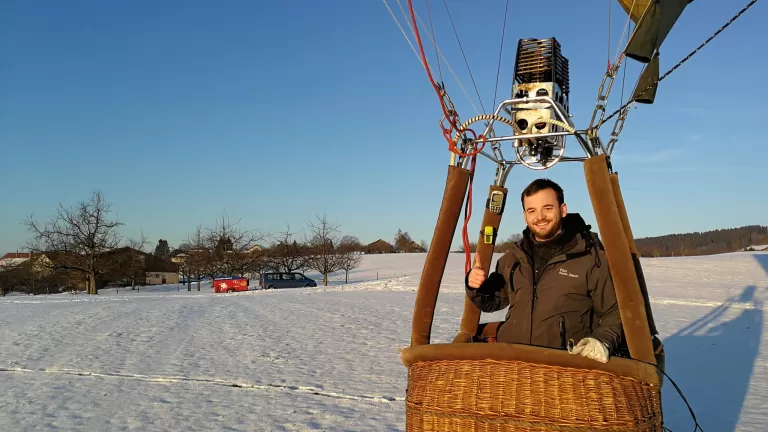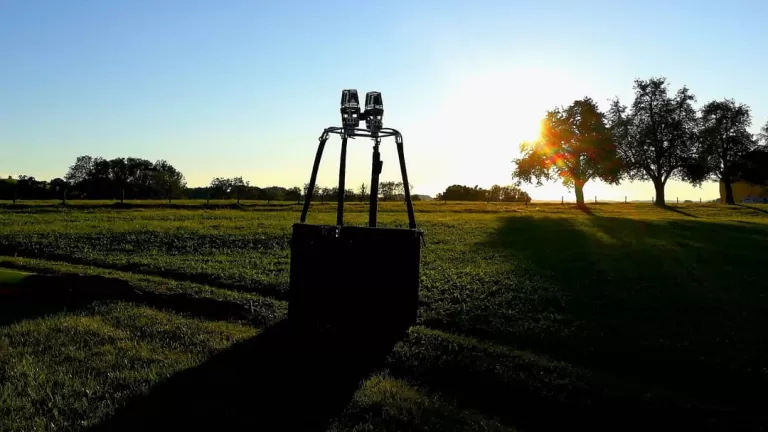Theory training
The theoretical training consists of instruction and examinations in eight subjects, namely aviation law, general aircraft knowledge, human performance, meteorology, navigation, operational procedures, flight fundamentals and the subject which brings together all the others, flight performance and flight planning.
If you have already acquired another pilot's licence, only some subjects may be credited - this is decided on a case-by-case basis by an expert from the Federal Office of Civil Aviation (FOCA). The theory lessons of the Swiss Balloon Association SBAV are led by various ballooning instructors. Registration for the exam is done by the driving school. The head instructor of the driving school can refuse registration if he or she has the impression that a student is not ready for the examination.
Radiotelephony (radio English language)
With this authorization you have the possibility to communicate in any airspace around the world. The training is complex, as it is tailored to private pilots - in return you will be much more likely to understand what other participants in the airspace are doing. German radio training is no longer recommended.
Medical
A prerequisite for obtaining a pilot's license is the so-called Medical - a medical certificate of fitness which confirms that you are physically and mentally fit to fly a balloon. This is issued by FOCA medical officers. This examination is required at the latest for registration for the practical examination. The requirements for balloon pilots are lower than for private or airline pilots.
Practical training
During the practical training you have to perform at least 10 balloon flights and a total of 16 hours under the supervision of a ballooning instructor. Finally, the practical training is followed by a practical examination with an expert from the FOCA.
You can complete the practical training with Stefan Zeberli. If you are interested and have questions, please contact us directly.
time and money
The SBAV theory course lasts approximately five months; it usually begins at the end of the year and ends in the summer of the following year. We recommend that you already have a few hours of practical training at the same time as the theory course - this will give you a much better understanding of what the theory teachers are talking about.
For the practical training you will have to calculate a few months in the best case, but usually about half a year. It is an advantage to have practical training trips at any time of the year.
The total training period is about one year, although you can control this yourself very much.
The costs of the training consist of the costs of the various training courses and the examination fees. For all of this, you should plan on about Fr.10'000.


